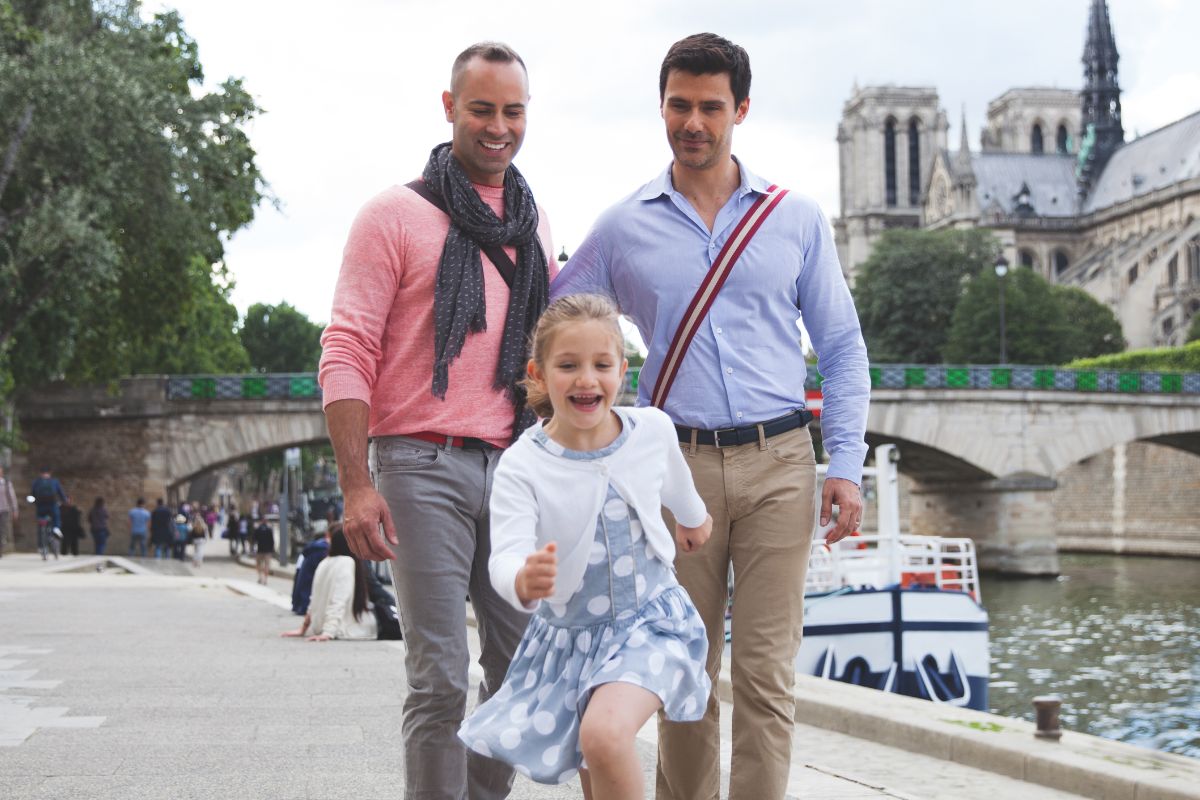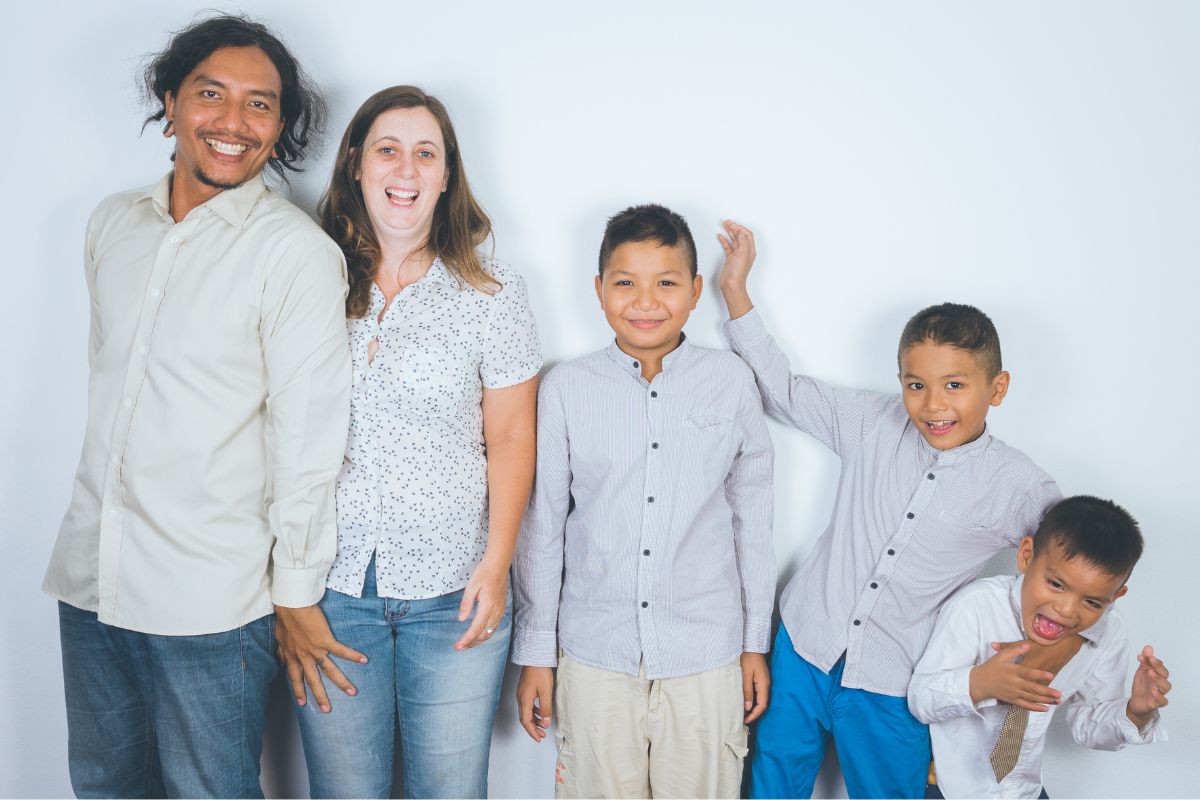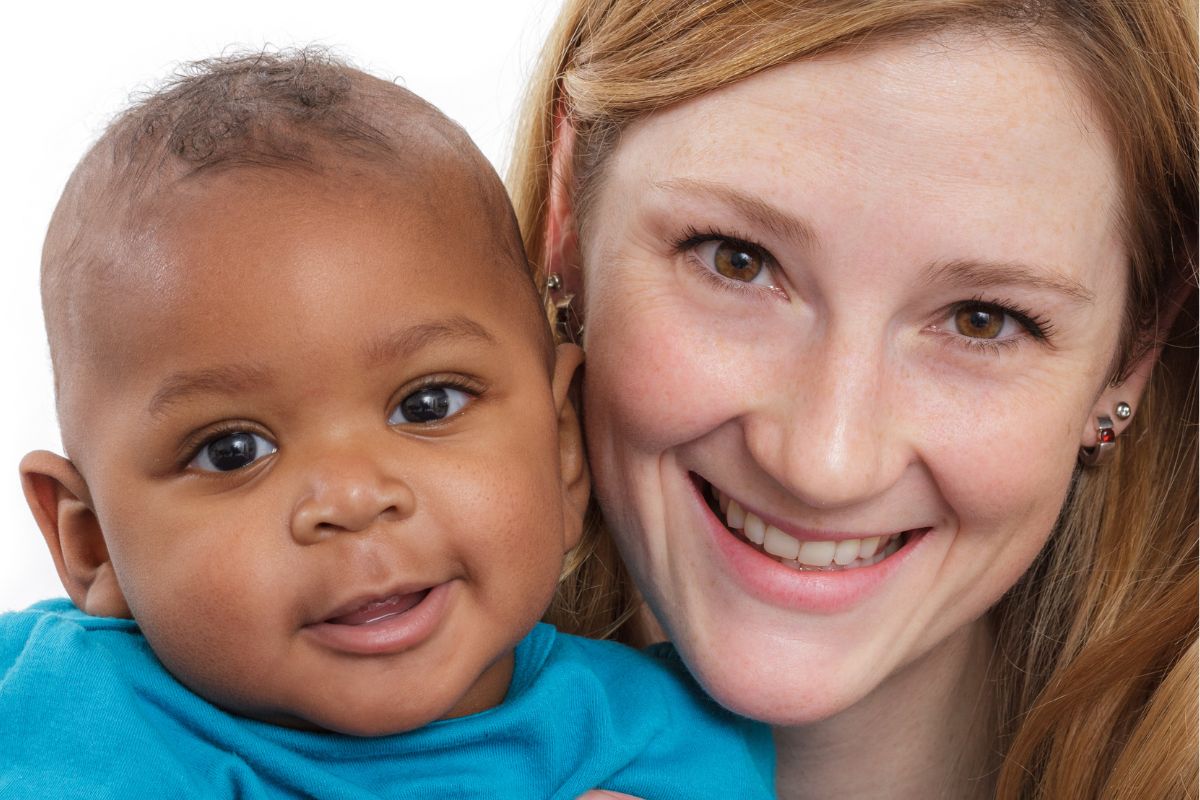The US Department of State takes intercountry adoption very seriously and it remains one of its highest priorities.

Every year, thousands of US citizens adopt children and go through the process of adoption into a permanent home from abroad.
This goes the other way too with children that are habitually resident in the US being adopted by families in other countries.
Adopting a child from another country can be complicated so it is important to know the legal means by which the process is completed (see also “Do You Get Money For Adopting A Child?“).
In this guide, we will detail how to adopt a child from another country (see also “10 Best Countries To Adopt From“). This includes the laws and processes that apply.
Considering Adoption?
Before you start the process of an intercountry adoption, consider the available options.
You could still use an adoption agency yet they will be unable to represent you before US Citizenship and Immigration Services.
The adoption agency will also be unable to provide advice on the legal aspects of the child’s immigration. Legal representation for intercountry adoptions typically comes through an attorney.
The Laws That Apply
An intercountry adoption is a complicated process, largely due to the different sets of laws that apply.
These laws include those of both US federal law and the laws of the child’s country of birth. Some laws apply to where you reside including those for the specific US state, foreign country, or territory.
The Processes That Apply

Three separate processes apply when adoptive parents attempt to immigrate their adopted child from another country.
These processes are specifically Hague Adoptions and Orphan Adoptions (which are non-Hague). Finally, there is the family-based immigrant petition that can be used.
Hague Adoptions
The Hague process has been in effect with the US since April 1st, 2008.
For more information, simply research The Hague Convention on the Protection of Children and Co-operation in Respect of Intercountry Adoption which falls under The Hague Adoption Convention.
Should the prospective adoptive child be habitually resident in a country that will also be a party to The Hague Adoption Convention then the Hague process must be followed.
Particularly, this means the Form I-800A which is an application for the Determination of Suitability, specifically to adopt a child from a country where the Hague Convention applies.
There is also Form I-800 that will be required too which is the petition that classifies a ‘convention adoptee’ as an immediate relative.
A range of criteria is applied for the Convention Adoptee to be met which is defined in the Immigration and Nationality Act.
There can be exceptions yet if the prospective adopted child is from a country party to the Hague Adoption Convention, then the Hague process should be followed.
All related immigration applications and provision petition approvals are issued by the US Department of State, in this case, United States Citizenship and Immigration Services, which is the designated US Central Authority.
Orphan Adoptions
The Orphan process typically requires Form I-600A to be completed which is another application, this time for the advance processing of an orphan petition.
To file the I-600A form, the prospective individuals who are keen to adopt must be US citizens and at least 24 years old.
Form I-600 also needs to be completed which is a further petition which classifies an orphan as an immediate relative and the applicants must be 25 years old with the child being under 16.
In order for the adopted child to even qualify as an orphan there are certain criteria that must be met. This is defined and described in the Immigration and Nationality Act.
Under the Orphan process, a foreign-born child must have no legal parents as each has died, disappeared, or deserted the child. Another consideration is their separation from both parents.
A final consideration is if the sole/surviving parent is incapable of providing for the child’s basic needs and delivering proper care.
This requirement is consistent with the local standards of the country the child is from and that the child has been irrevocably released for emigration and adoption.
Family-Based Immigrant Petition
For a family-based immigrant petition process, form I-130 is required to be filled in. This is a specific petition for an Alien Relative.
Again, further definition as to whether your adopted child would qualify as an immediate relative is described in the Immigration and Nationality Act.
Finally, this is the process to follow if you are able to prove that the Hague Convention does not apply in the adoption.
Further qualifications for the adopted child in this process include that they have been in the adoptive parents’ legal custody for at least two years.
This time period can be either before or after the adoption. For that condition to qualify, the child is required to have lived with yourself or your spouse for those two years.
Generally, this requirement means that the child and its adoptive parents have been sharing the same principal home.
Frequently Asked Questions
Which Factors May Go Against Prospective Adoptive Parents In An Application?
Should one, or both, adoptive parents have a criminal conviction against them then this can be a deciding factor in an application.
This is similar to whether one of those individuals who are keen to adopt has a conviction for serious sexual offences or a caution for offences against children.
Can An Individual’s Credit Score Affect Their Chances Of A Successful Adoption?
While your credit score should not adversely affect your chances of a successful adoption application, a good credit score can help.
With a good credit score, it can make it easier to reach goals for your growing family which includes buying a home.
To confirm your finances are doing well before you begin your adoption application, check your credit score and credit report.
Final Thoughts
Adopting a child from another country can be a long and complicated process. The first step is confirming which process you want to take as each one involves different forms.
Check if the Hague Convention applies with the adoption of the prospective child as a first step and then go from there.
- 10 Best States For Families - March 6, 2023
- Can A White Couple Adopt A Black Baby? - March 1, 2023
- Best DNA Tests For Adoptees - February 28, 2023










